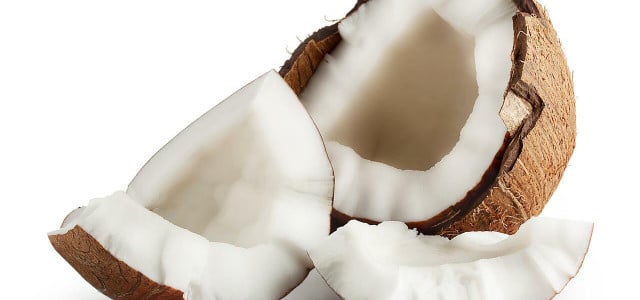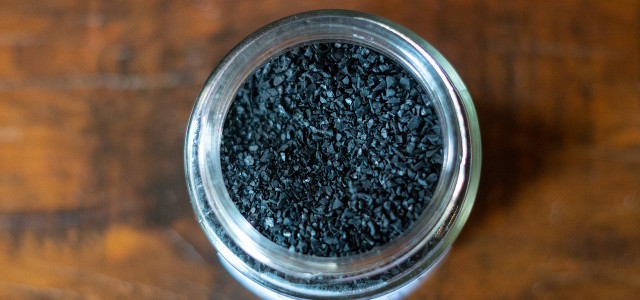Coconut charcoal has risen in popularity due to its ability to adsorb toxins and pollutants. We'll tell you what coconut charcoal is, as well as its health benefits.
Ever wondered why coconut charcoal in your toothpaste is supposed to make your teeth whiter? The benefits of coconut charcoal, whether for beauty or for health, are due to its ability to extract dirt and toxins. We’ll tell you more about what coconut charcoal is, and why you might want to consider taking advantage of its highly adsorbent properties.
Coconut Charcoal: Understanding the Basics
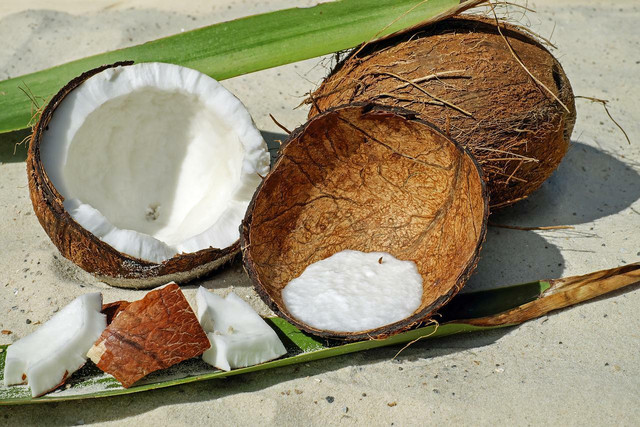
(Foto: CC0 / Pixabay / 1195798)
What Is Coconut Charcoal?
Coconut charcoal is made by exposing coconut shells to high temperatures without any oxygen in order to carbonize it. After this, the resulting carbon is usually crushed into a powder. The difference to regular charcoal is simply that the latter is made from hardwood and other plant material, while coconut charcoal specifically comes from coconut shells. You can definitely use coconut charcoal for grilling and barbecues.
It’s important to understand that when talking about “coconut charcoal” and its benefits, most sources actually refer to activated coconut charcoal. While you could also use that for your barbecue, it would be quite the waste. So why is that, what’s the difference?
Activated and Non-Activated Coconut Charcoal: What’s the Difference?
When producing activated coconut charcoal, there is an additional step compared to regular coconut charcoal: Its porosity is increased further either by a physical process involving high-pressure steam, or a chemical process using acid — this is the activation. The goal of increasing the porosity is to increase its surface area, which allows the (now activated) coconut charcoal to adsorb more contaminants.
All types of activated charcoals have a larger surface area than their non-activated counterparts. On average, one teaspoon of activated charcoal has the surface area of one football field. That’s why activated charcoal in general has many benefits and uses:
Does Activated Coconut Charcoal Have Greater Benefits Than Other Activated Charcoals?
Now, why use activated coconut charcoal instead of activated charcoal of any other material? In fact, it actually has several benefits that are greater than those of non-activated coconut charcoal as well as activated non-coconut charcoals (still following?). Specifically, it
- has a higher density of micro-pores compared to coal-based activated charcoal, and thereby a much higher surface area,
- has a higher surface level than non-activated coconut charcoal, which makes it so valuable for its adsorbent properties,
- doesn’t leave an ashy taste when used for filtering water, unlike other activated charcoals,
- is made from a renewable resource. While coconuts might have to be imported, depending on where you live, they can be harvested from their source trees without harming them — very much unlike hardwood charcoal, for example.
- Lastly, activated charcoal from coconut can be a zero-waste option for producing activated charcoal, as the shells of coconuts often go to waste when their flesh and/or juice has been extracted.
Regardless of the details, there are some benefits you might expect when buying a glass of activated coconut charcoal as a supplement.
Benefits of Coconut Charcoal — the Activated Kind
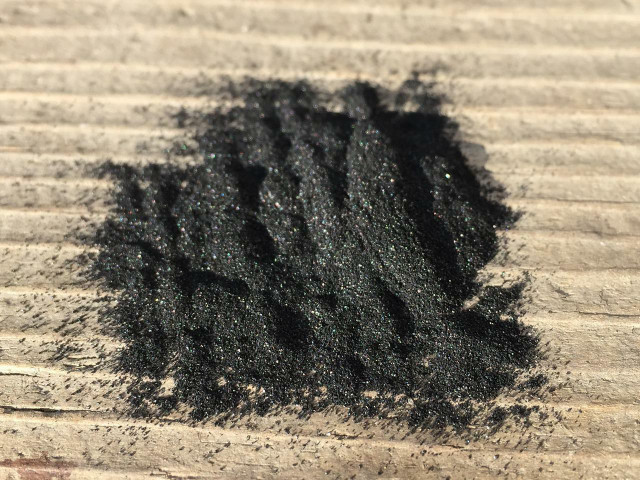


(Foto: CC0 / Pixabay / mommyandlove)
As described above, activated coconut charcoal boasts a higher degree of the properties that consumers are looking for when buying activated charcoal as a supplement or an ingredient in cosmetics. It can therefore be used for the same purposes, some of which are:
- Treatment of overdoses in professional medical settings
- Helps with bloating: Activated coconut charcoal is a natural remedy for bloating and gas as it can bind gas in its pores. A study by the American Journal of Gastroenterology found that activated charcoal helps prevent intestinal gas after a typical gas-producing meal.
- Kidney health might benefit from activated coconut charcoal as it has the ability to filter out undigested drugs and other toxins.
- Water filtration: Not only in your private home, but also in commercial settings, activated charcoal serves to filter out unwanted in water, like for example fluoride.
- Internal cleaning agent: As well as removing toxins, coconut charcoal is able to bind to bile acids and remove them from the body, which helps remove toxins that may be in the bile acid. This can also help to reduce cholesterol levels in particular.
Which Products Use Coconut Charcoal?
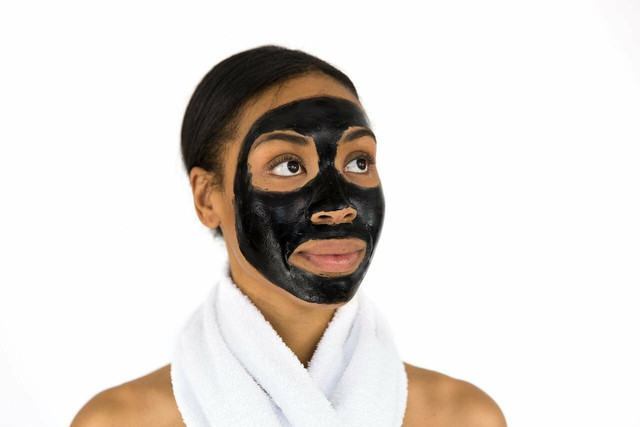


(Foto: CC0 / Pixabay / bridgesward)
Coconut charcoal is used in a wide variety of industries.
- In the food industry, coconut charcoal (not the activated kind) is often used for barbecues instead of normal coal. Even in this domain, it has some benefits compared to normal charcoal: it has a high heat capacity, is smokeless and has a lower ash content (meaning less cleaning afterwards!)
- As mentioned, another common use for coconut charcoal is in water filtration, as it is effective at trapping impurities in the water such as pesticides, industrial waste, and other chemicals. Important: water filtration systems using activated charcoal cannot catch bacteria and viruses.
- In the beauty industry, coconut charcoal is often used in teeth whitening products. You can usually find toothpaste in the drugstore that contains some activated charcoal. According to the American Dental Association, there is no proof for a whitening effect, however.
- It is also widely used in skincare, such as face masks and cleansers, as it is said to be effective in drawing out and eliminating chemicals and impurities. There isn’t yet enough scientific evidence to conclusively say whether that’s true. Coconut charcoal can, in some cases, lead to dryness, irritation, and itching, so be careful with using coconut charcoal in your skincare routine if you have sensitive skin. Read more: Charcoal Peel-Off Mask DIY & Benefits
Read more:
- Can You Reuse Charcoal? 5 Uses for Old Charcoal
- Acid Mantle on Your Skin: Significance and How to Protect It
- How to Get Clear Skin Naturally with Our Top 12 Tips
Important Information regarding Health-related Topics.
** Links to retailers marked with ** or underlined orange are partially partner links: If you buy here, you actively support Utopia.org, because we will receive a small part of the sales proceeds. More info.Do you like this post?






